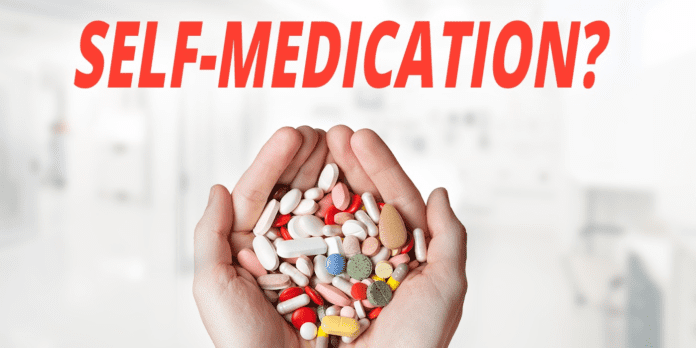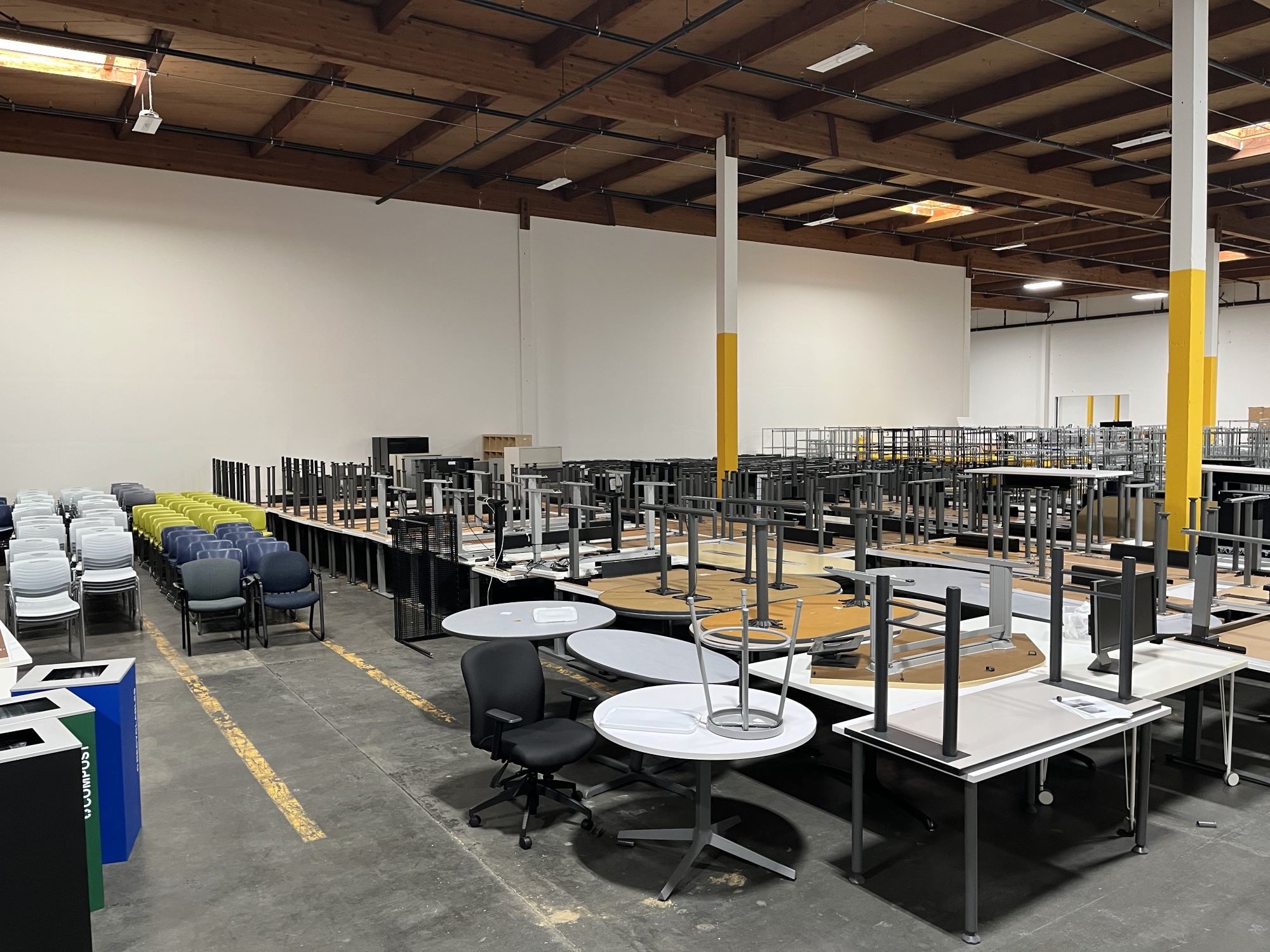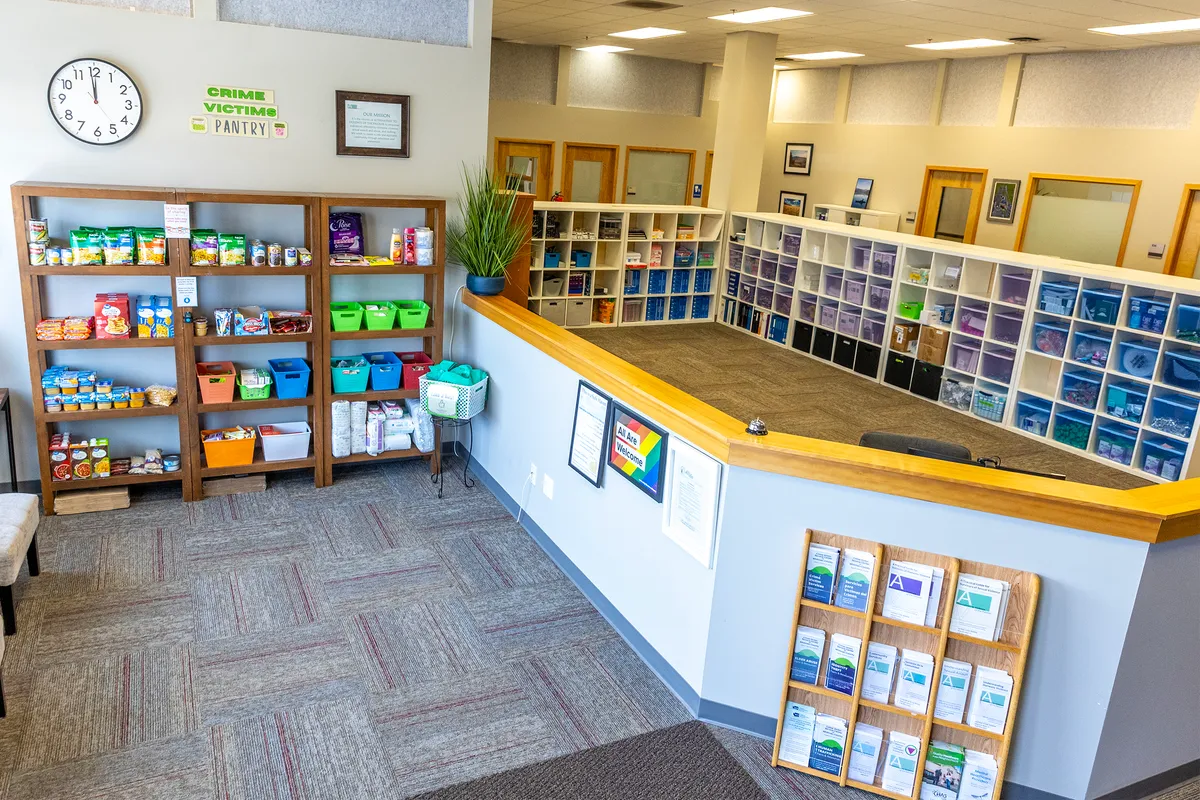Copyright ghanamma

Medical experts are sounding urgent alarms about Ghana’s escalating self medication crisis, warning that the widespread practice of treating illnesses with over the counter drugs and home remedies without professional guidance has evolved into a major public health threat contributing to antimicrobial resistance that could render common infections untreatable. The World Health Organization warns that by 2050, drug resistant infections could cause 10 million deaths globally every year if current trends continue, a projection that carries particular weight for countries like Ghana where antibiotics flow freely without prescriptions and self medication has become what health professionals describe as almost cultural. From bus terminals in Madina to market stalls in Kumasi, antibiotics are being misused and abused, with people buying them without prescriptions, taking incomplete doses, or sharing leftovers with family and friends. The consequences now spill into hospitals where doctors confront a growing wave of infections that no longer respond to standard treatments, creating scenarios where even minor injuries or routine surgeries could become life threatening. Young adults and students represent a particularly vulnerable demographic. Research shows self medication prevalence reaches 70% among tertiary students in Accra, with amoxicillin emerging as the most commonly purchased antibiotic without prescription. Even more concerning, nearly half of respondents demonstrate poor knowledge about health implications of irrational antibiotic use, and 46% fail to complete the full course of antibiotics. The practice isn’t limited to less educated populations. Among healthcare students at tertiary institutions, more than 90% admit to previously misusing antibiotics, suggesting the problem transcends educational backgrounds and reflects deeper systemic issues around medication access, affordability, and health seeking behavior. Dr. Jonathan Caleb Akuaku, a medical officer in Accra, reports that resistance levels are very high, especially for infections like typhoid, tuberculosis, and urinary tract infections, with 70 to 80% of bacteria tested showing resistance to available drugs. This means treatment options are running out, leaving physicians facing infections that once required simple treatments but now demand expensive imported medicines or extended hospital stays. The stories emerging from communities illustrate how individual choices accumulate into collective crisis. One Madina resident recalls buying antibiotics from trotro hawkers whenever her child coughed, believing she was providing quick, affordable treatment. Eventually, the medications stopped working, landing her son at a major teaching hospital where doctors confirmed the bacteria had become resistant to the very medicines she’d trusted. Economic factors drive much of this behavior. Healthcare remains largely unaffordable for many Ghanaians facing considerable financial strain from high out of pocket expenses, restricted public health insurance coverage, and minimal government healthcare investment compared to other global regions. When confronted with illness, convenience stores and roadside medicine sellers offer immediate, cheaper alternatives to lengthy hospital visits and expensive consultations. The Ghana Health Service warns that drug resistant infections are quietly adding hundreds of millions of cedis in extra hospital costs each year through extended hospital stays, repeated diagnostics, and stronger imported medicines. This creates a vicious cycle where vulnerable households sink deeper into debt, forcing impossible choices between paying for antibiotics or covering food and school fees. The misconceptions fueling inappropriate antibiotic use remain widespread and troubling. Studies show younger individuals particularly believe antibiotics work effectively against viruses, headaches, and malaria, conditions where antibiotics provide no therapeutic benefit but contribute significantly to resistance development. These erroneous beliefs likely stem from experiences where bacterial co infections during malaria episodes required antibiotic prescriptions, creating confusion about when antibiotics actually help. Weak regulatory enforcement compounds the crisis. While Ghana has guidelines restricting excessive antibiotic dispensing, poor implementation has rendered these rules largely ineffective. Pharmacies, chemical shops, and street vendors sell antibiotics freely, often in broken blister packs because that’s all customers can afford. The Pharmacy Council has promised strategies to remove unlicensed drug sellers from markets, yet the number keeps escalating, raising questions about whether authorities are genuinely enforcing their mandatory roles. The threat extends beyond bacterial resistance. Counterfeit and substandard medicines pose additional dangers in Ghana’s weakly regulated supply chains. Research indicates over 10% of medicines in low and middle income countries contain too little active ingredient, with antibiotics and antimalarials particularly vulnerable. Persistent under dosing from poor quality medicines accelerates antimicrobial resistance while increasing mortality risks, particularly for children. Self medication patterns reveal troubling treatment failure rates. Among tertiary students practicing self medication, 35% reported treatment failures, highlighting both health risks and economic losses when purchased medications prove ineffective. When treatments fail, most don’t revisit hospitals but instead continue self medicating with different antibiotics, perpetuating the cycle of inappropriate use. The practice transcends urban areas. In rural Abokobi, self medication prevalence reaches 36%, with past successful experiences and ease of purchasing antibiotics cited as major motivations. Rural settings face additional challenges from limited healthcare infrastructure, making self medication sometimes the only practical option despite risks. Dr. Akuaku describes the phenomenon as deeply embedded in community behavior, where people recommend antibiotics to one another the same way they share home remedies. Someone feels feverish, and a friend suggests trying amoxicillin because it worked previously. Each such recommendation, each misuse, gives bacteria opportunities to adapt and survive, spreading resistance through populations. The problem’s compounded by weak diagnostic systems in many Ghanaian health facilities where broken or outdated lab equipment forces doctors to prescribe antibiotics blindly, hoping something works. This trial and error approach meets unregulated drug sales to create dangerous conditions that accelerate resistance development. Public awareness remains inadequate despite the gravity of threats. Research shows 63% of Ghanaians are unaware of antibiotic resistance, indicating massive gaps in health education and communication. Without understanding that bacteria can evolve to resist medicines, people lack motivation to change medication seeking behaviors that feel convenient and affordable. Healthcare system inefficiencies contribute significantly to the crisis. Long waiting times at hospitals, limited availability under the National Health Insurance Scheme, and perceived high costs push people toward self medication as pragmatic responses to immediate health needs. For working class Ghanaians and those in deprived areas, visiting hospitals means losing work hours and paying fees they can’t afford. The situation carries profound implications for Ghana’s development trajectory. When people must choose between antibiotics and other basic needs, society loses twice, fighting both bacteria and poverty simultaneously. Drug resistant infections threaten to reverse years of public health progress, pushing the country toward futures where even minor injuries become potentially fatal. Hope exists through coordinated action. Countries implementing national antimicrobial resistance action plans with surveillance systems and public education show promising results. Ghana has taken initial steps, but scaling these efforts requires commitment at all levels, particularly in local communities where awareness remains lowest. Solutions demand multiple approaches. Stronger regulation and enforcement must limit over the counter antibiotic sales, ensuring prescriptions become genuinely required. Public education campaigns need to explain that antibiotics only treat bacterial infections, not viral illnesses like colds or flu. Healthcare system improvements must reduce barriers that drive people toward self medication in the first place. Pharmaceutical regulation requires strengthening. The Food and Drugs Authority has made progress but needs resources for consistent enforcement. Surveillance systems tracking and removing counterfeit drugs must expand. Healthcare providers need training on medication safety, appropriate prescribing practices, and drug interactions. For individuals, behavior changes matter enormously. Stopping purchases of antibiotics without prescriptions, finishing prescribed doses completely, avoiding sharing leftover medications, and seeking medical guidance instead of self diagnosing all help preserve antibiotic effectiveness for future generations. The fight against antimicrobial resistance transcends medical concerns into moral territory, asking each person to act responsibly and think beyond immediate convenience. When drugs stop working, everyone loses. Ghana stands at a critical juncture where collective action could prevent the catastrophic scenarios health experts warn about, but only if awareness translates into sustained behavior change across all population segments. As one medical professional put it, Ghana isn’t just fighting bacteria but battling weak systems and poverty simultaneously. Until healthcare becomes genuinely accessible and affordable, until education reaches every corner explaining resistance dangers, until enforcement genuinely limits inappropriate access, the self medication crisis will continue fueling a silent epidemic that threatens the nation’s health security and economic future.



